|
SMOKING
ABOUT -
CONTACTS - DONATE
- FOUNDATION -
HOME - A-Z INDEX
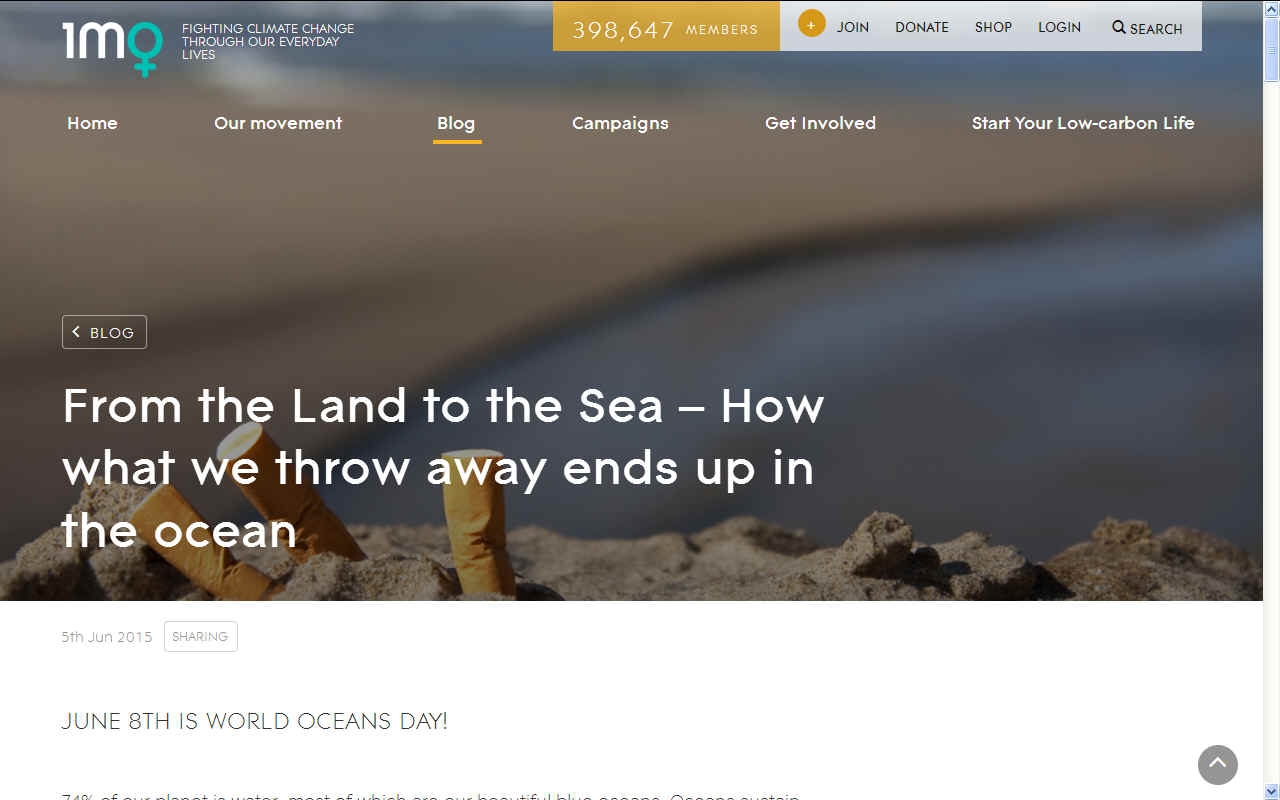
BUTTS
- Under the NSW Smoke Free
Environment Act, many public areas such as playgrounds, pools,
and bus stops are smoke free.
However, many Sydney beaches are either smoke 'friendly', or are under the authority of lenient smoke-free laws enforcement.
A cigarette butt collection study revealed that Bondi Beach had more than one million discarded cigarette butts left in the sand
Waverley, Randwick and Manly councils do not force their rangers to issue $110 fines for failing to obey a no-smoking sign.
The rangers just politely ask people not to do it again. Council rangers can also fine people who dispose of their butts on the sand up to $200. But they don’t.
Clean Up Australia boss Ian Kiernan said the majority of people who live near the beach have got the no-smoking message but many visitors continued to smoke. “This noxious material is blowing all over the place and there is legislation to stop it on the beaches,” he said.
Mr Kiernan said a cigarette butt collection study had calculated there were more than one million discarded cigarettes on Bondi Beach.
Without
any doubt, smoking is bad for your health. Remember though
when the tobacco companies denied that ? Today cigarette
packets carry a Government health warning. You can choose to
poison yourself with carcinogenic toxins if you want. That is
your right. But what about inflicting suffering on your fellow
man or wildlife. Would you harm your own pet ? Why then harm
marine life with your butts.
Smoking is a practice in which a substance is burned and the resulting smoke breathed in to be tasted and absorbed into the bloodstream. Most commonly the substance is the dried leaves of the tobacco plant which have been rolled into a small square of rice paper to create a small, round cylinder called a "cigarette". Smoking is primarily practiced as a route of administration for recreational drug use because the combustion of the dried plant leaves vaporizes and delivers active substances into the lungs where they are rapidly absorbed into the bloodstream and reach bodily tissue.
In the case of cigarette smoking these substances are contained in a mixture of aerosol particles and gasses and include the pharmacologically active alkaloid nicotine; the vaporization creates heated aerosol and gas into a form that allows inhalation and deep penetration into the lungs where absorption into the bloodstream of the active substances
occurs.
In some cultures, smoking is also carried out as a part of various rituals, where participants use it to help induce trance-like states that, they believe, can lead them to spiritual enlightenment.
If that were true, they would realise that pollution is
something bad, as is poisoning the temple that is your body.

GIVE
IT UP - 10 SELF HELP TIPS TO STOP SMOKING
1. Think positive
You might have tried to quit smoking before and not managed it, but don't let that put you off.
Look back at the things your experience has taught you and think about how you're really going to do it this time.
2. Make a plan to quit smoking
Make a promise, set a date and stick to it. Sticking to the "not a drag" rule can really help.
Whenever you find yourself in difficulty, say to yourself, "I won't even have a single drag", and stick with this until the cravings pass.
Think ahead to times where it might be difficult (a party, for instance), and plan your actions and escape routes in advance.
3. Consider your diet
Is your after-dinner cigarette your favourite? A US study revealed that some foods, including meat, make cigarettes more satisfying.
Others, including cheese, fruit and vegetables, make cigarettes taste terrible. So swap your usual steak or burger for a veggie pizza instead.
You may also want to change your routine at or after mealtimes. Getting up and doing the dishes straight away or settling down in a room where you don't smoke may help.
4. Change your drink
The same US study as above also looked at drinks. Fizzy drinks, alcohol, cola, tea and coffee all make cigarettes taste better.
So when you're out, drink more water and juice. Some people find simply changing their drink (for example, switching from wine to a vodka and tomato juice) affects their need to reach for a cigarette.
5. Identify when you crave cigarettes
A craving can last 5 minutes. Before you give up, make a list of 5-minute strategies.
For example, you could leave the party for a minute, dance or go to the bar.
And think about this: the combination of smoking and drinking raises your risk of mouth cancer by 38 times.
6. Get some stop smoking support
If friends or family members want to give up, too, suggest to them that you give up together.
There's also support available from your local stop smoking service. Did you know that you're up to 4 times more likely to quit successfully with their expert help and advice?
You can also call the NHS Smokefree helpline on 0300 123 1044, open Monday to Friday, 9am to 8pm and Saturday to Sunday, 11am to 4pm.
7. Get moving
A review of scientific studies has proved exercise, even a 5-minute walk or stretch, cuts cravings and may help your brain produce anti-craving chemicals.
8. Make non-smoking friends
When you're at a party, stick with the non-smokers.
"When you look at the smokers, don't envy them," says Louise, 52, an ex-smoker.
"Think of what they're doing as a bit strange – lighting a small white tube and breathing in smoke."
9. Keep your hands and mouth busy
Nicotine replacement therapy (NRT) can double your chances of success.
As well as patches, there are tablets, lozenges, gum and a nasal spray. And if you like holding a cigarette, there are handheld products like the inhalator or e-cigarettes.
When you're out, try putting your drink in the hand that usually holds a cigarette, or drink from a straw to keep your mouth busy.
10. Make a list of reasons to quit
Keep reminding yourself why you made the decision to give up. Make a list of the reasons and read it when you need support.
Ex-smoker Chris, 28, says: "I used to take a picture of my baby daughter with me when I went out. If I was tempted, I'd look at that."

YOUR
HEALTH IS IMPORTANT
Smoking generally has negative health effects, because smoke inhalation inherently poses challenges to various physiologic processes such as respiration. Diseases related to tobacco smoking have been shown to kill approximately half of long-term smokers when compared to average mortality rates faced by non-smokers. Smoking caused over five million deaths a year from 1990 to 2015.
Smoking is one of the most common forms of recreational drug use. Tobacco smoking is the most popular form, being practiced by over one billion people globally, of whom the majority are in the developing countries. Less common drugs for smoking include cannabis and opium. Some of the substances are classified as hard narcotics, like heroin, but the use of these is very limited as they are usually not commercially available. Cigarettes are primarily industrially manufactured but also can be hand-rolled from loose tobacco and rolling paper. Other smoking implements include pipes, cigars, bidis, hookahs, and bongs.
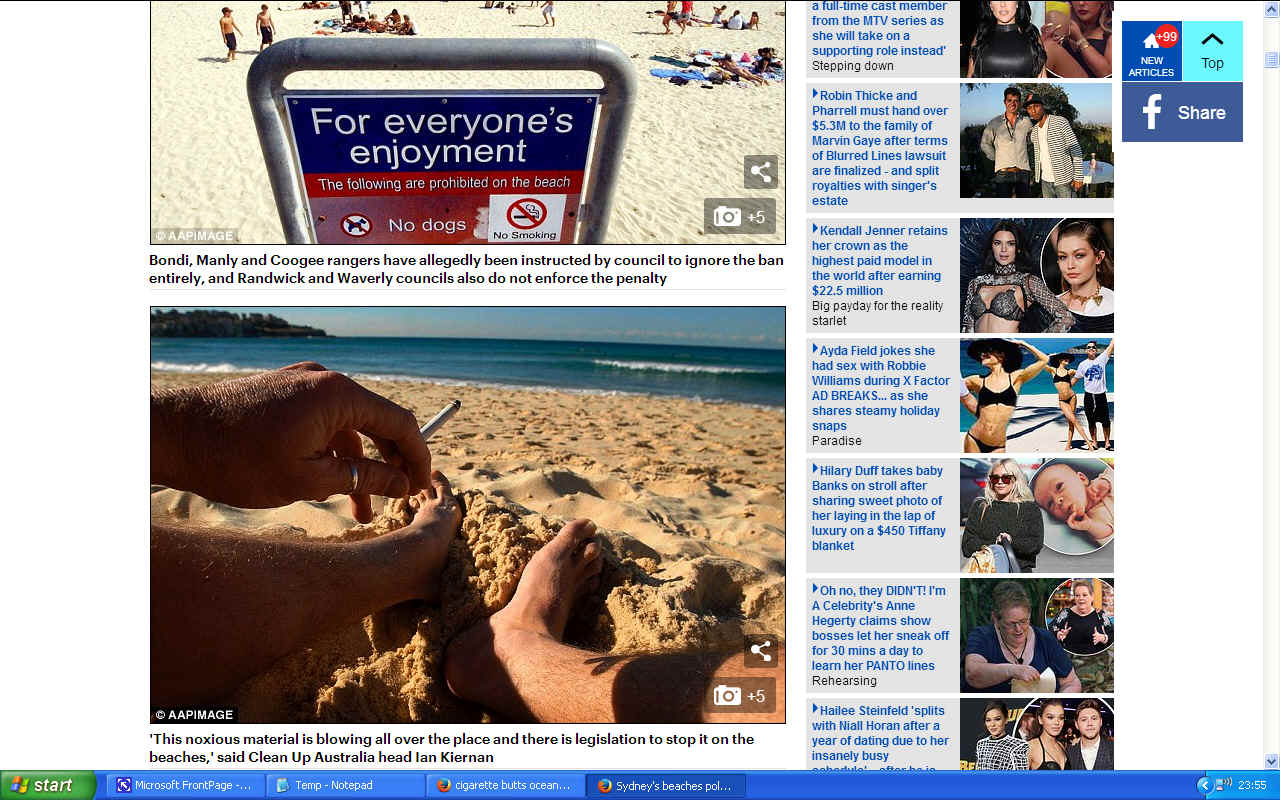
LUNG CANCER
In the UK and the USA, an increase in lung cancer rates, formerly "among the rarest forms of disease", was noted by the 1930s, but its cause remained unknown and even the credibility of this increase was sometimes disputed as late as 1950. For example, in Connecticut, reported age-adjusted incidence rates of lung cancer among males increased 220% between 1935–39 and 1950–54. In the UK, the share of lung cancer among all cancer deaths in men increased from 1.5% in 1920 to 19.7% in 1947. Nevertheless, these increases were questioned as potentially caused by increased reporting and improved methods of diagnosis. Although several carcinogens were already known at the time (for example, benzo[a]pyrene was isolated from coal tar and demonstrated to be a potent carcinogen in 1933), none were known to be contained in adequate quantities in tobacco smoke. Richard Doll in 1950 published research in the British Medical Journal showing a close link between smoking and lung
cancer.
Four years later, in 1954 the British Doctors Study, a study of some 40 thousand doctors over 20 years, confirmed the link, based on which the government issued advice that smoking and lung cancer rates were related. In 1964 the United States Surgeon General's Report on Smoking and Health demonstrated the relationship between smoking and cancer. Further reports confirmed this link in the 1980s and concluded in 1986 that passive smoking was also harmful.
As scientific evidence mounted in the 1980s, tobacco companies claimed contributory negligence as the adverse health effects were previously unknown or lacked substantial credibility. Health authorities sided with these claims up until 1998, from which they reversed their position. The Tobacco Master Settlement Agreement, originally between the four largest US tobacco companies and the Attorneys General of 46 states, restricted certain types of tobacco advertisement and required payments for health compensation; which later amounted to the largest civil settlement in United States history.
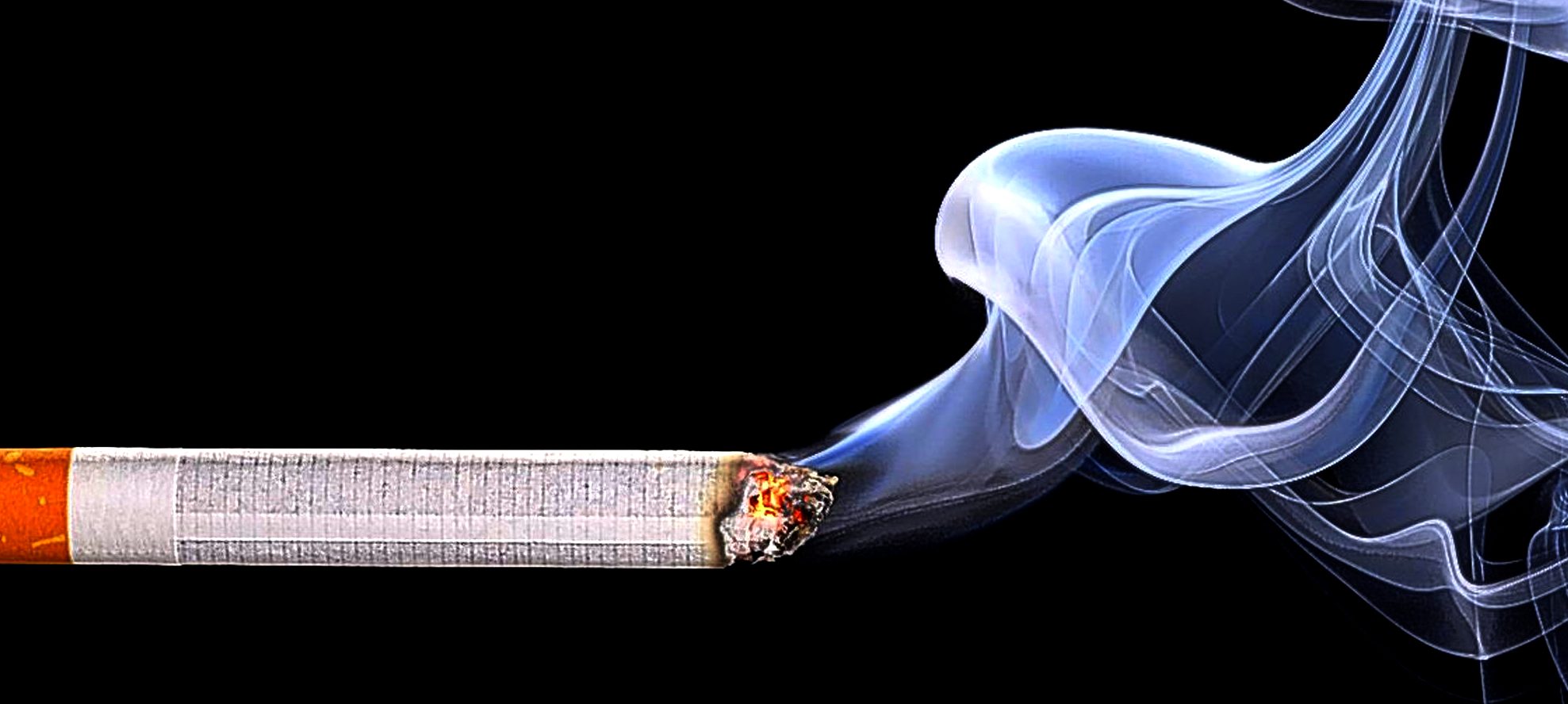
From 1965 to 2006, rates of smoking in the United States have declined from 42% to 20.8%. A significant majority of those who quit were professional, affluent men. Despite this decrease in the prevalence of consumption, the average number of cigarettes consumed per person per day increased from 22 in 1954 to 30 in 1978. This paradoxical event suggests that those who quit smoked less, while those who continued to smoke moved to smoke more light cigarettes. This trend has been paralleled by many industrialized nations as rates have either leveled-off or declined. In the developing countries, however, tobacco consumption continues to rise at 3.4% in 2002. In Africa, smoking is in most areas considered to be modern, and many of the strong adverse opinions that prevail in the West receive much less attention. Today Russia leads as the top consumer of tobacco followed by Indonesia, Laos, Ukraine, Belarus, Greece, Jordan, and China.
At the global scale, initial ideas of an international convention towards the prevention of tobacco had been initiated in the World Health Assembly (WHA) in 1996. In 1998, along with the successful election of Dr. Gro Harlem Brundtland as the Director-General, the World Health Organization set tobacco control as its leading health concern and has begun a program known as the Tobacco Free Initiative (TFI) in order to reduce rates of consumption in the developing world. However, it was not until 2003 that the Framework Convention on Tobacco Control (FCTC) was accepted in WHA and entered into force in 2005. FCTC marked a milestone as the first international treaty concerning a global health issue that aims to combat tobacco in multiple aspects including tobacco taxes, advertisement, trading, environmental affects, health influences,
etc. The birth of this evidence-based and systematic approach has resulted in the reinforcement of tobacco taxes and the implementation of smoke-free laws in 128 countries that led to the decrease of smoking prevalence in developing nations.
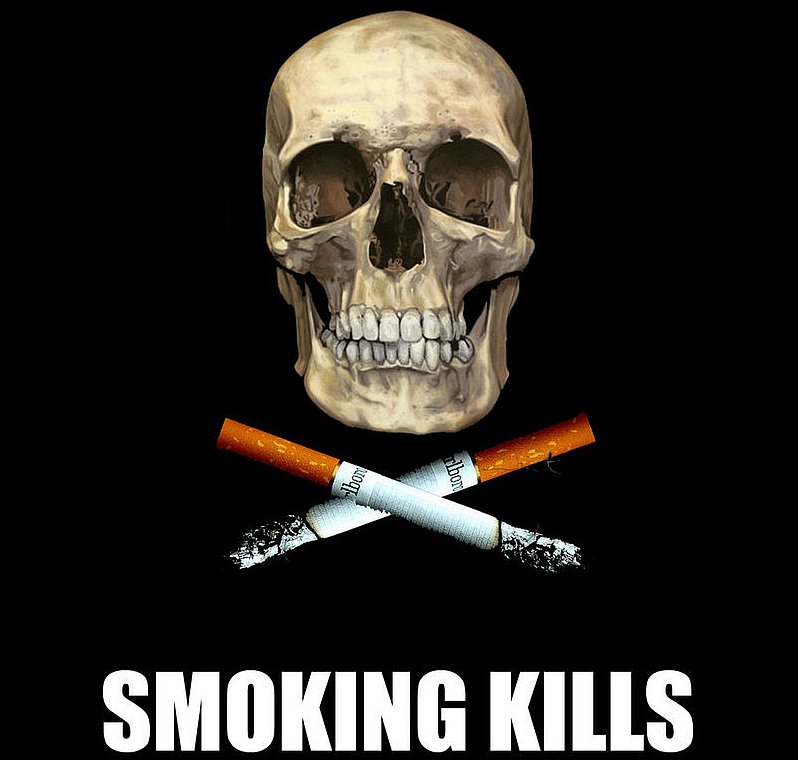
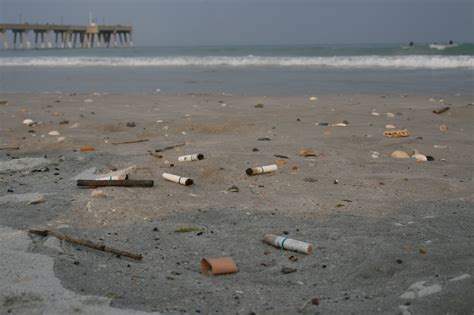
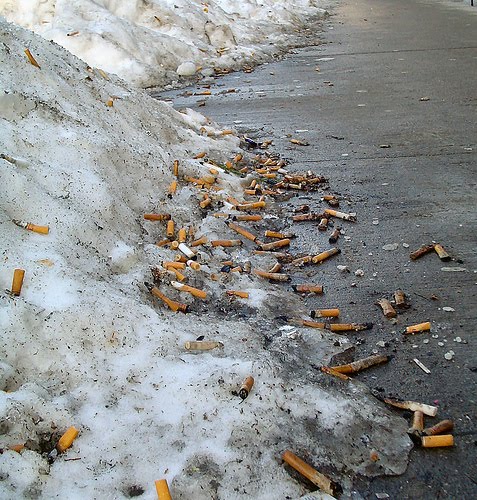
LINKS
& REFERENCE
http://www.dailytelegraph.com.au/news/nsw/soft-councils-are-letting-sydneys-beach-smokers-puff-free-by-not-enforcing-ban-legislation/story-fni0cx12-1227169624588
https://www.dailymail.co.uk/news/article-2890082/All-smoke-mirrors-Sydney-s-iconic-beaches-polluted-million-cigarette-butts-council-rangers-soft-anti-smoking-laws.html
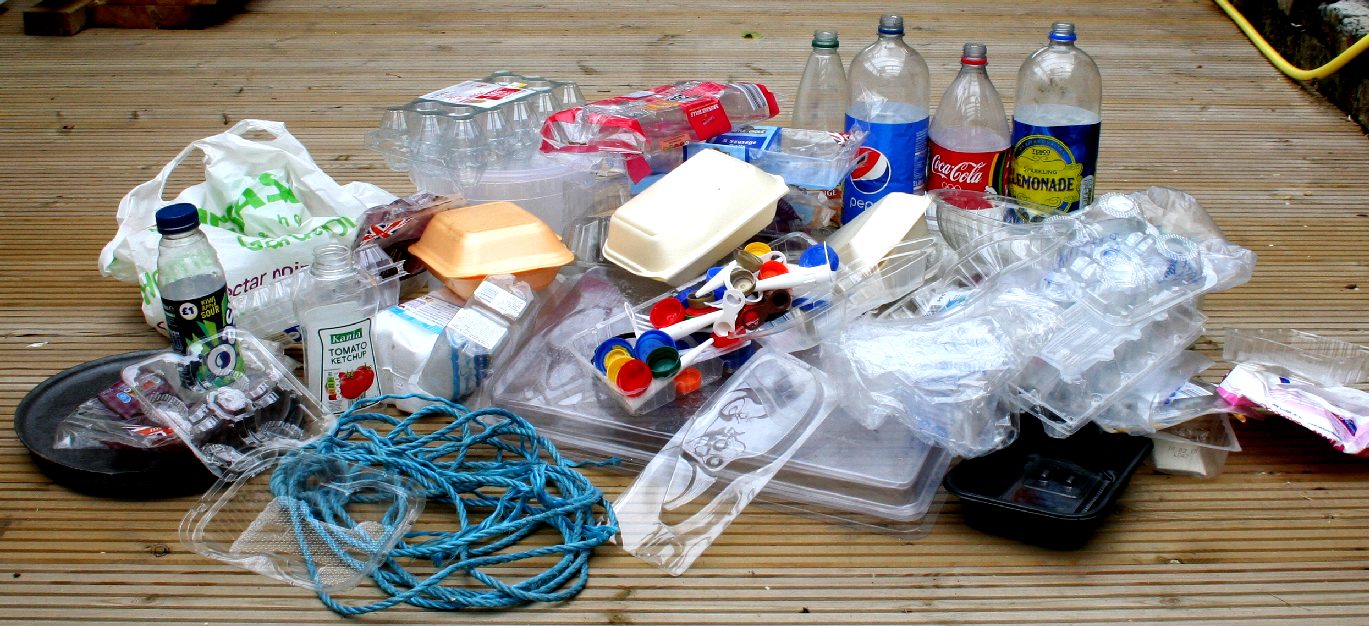
SINGLE
USE PLASTICS - This is
just a small sample of the plastic packaging that you will
find in retails stores all over the world. A good proportion
of this packaging - around 8 millions tons a year, will end up
in our oceans, in the gut of the fish
we eat, in the stomachs
of seabirds and in the intestines of whales and other marine
mammals. Copyright photograph © 22-7-17 Cleaner
Ocean Foundation Ltd, all rights
reserved.
ABS
- BIOMAGNIFICATION
- BP DEEPWATER - CANCER
- CARRIER BAGS
- CLOTHING - COTTON BUDS - DDT - FISHING
NETS
FUKUSHIMA - HEAVY
METALS - MARINE LITTER
- MICROBEADS
- MICRO
PLASTICS - NYLON - OCEAN GYRES
- OCEAN WASTE
PACKAGING - PCBS
-
PET - PLASTIC
- PLASTICS
- POLYCARBONATE
- POLYSTYRENE
- POLYPROPYLENE - POLYTHENE - POPS
PVC - SHOES
- SINGLE USE
- SOUP - STRAWS - WATER

This
website is provided on a free basis as a public information
service. copyright © Cleaner
Oceans Foundation Ltd (COFL) (Company No: 4674774)
2019. Solar
Studios, BN271RF, United Kingdom.
COFL
is a charity without share capital.
|









